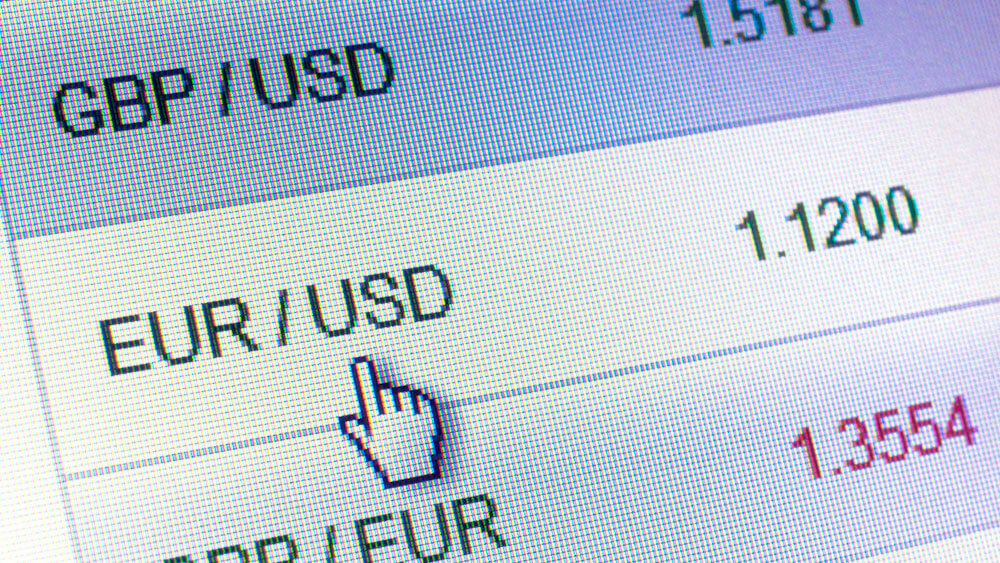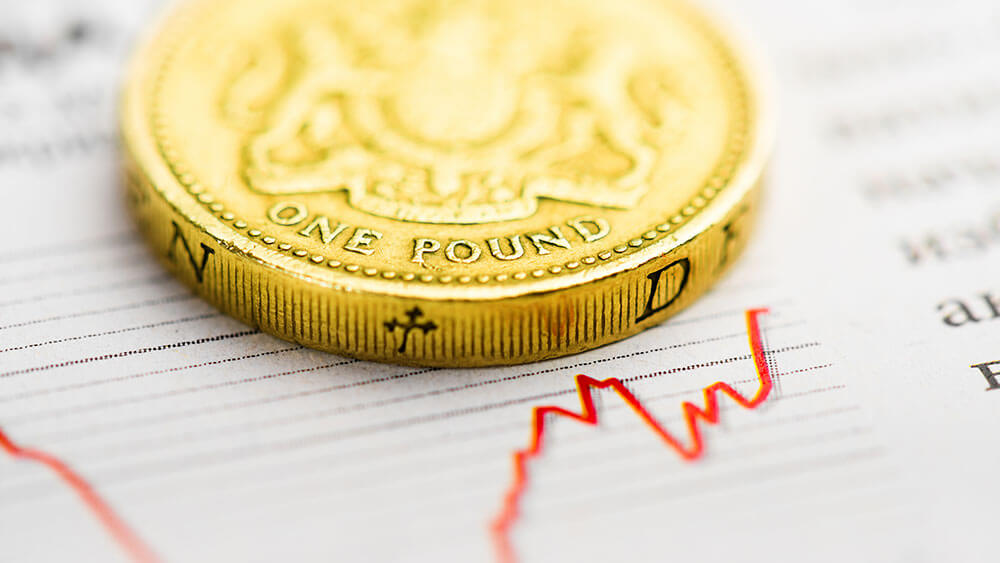
Author: Adam Smith
The current geopolitical environment makes for interesting reading.
The trade war between the US and other major economies is escalating as punitive tariffs are levied on each other’s goods. While economists say the consequences can be contained for now, there are fears that President Trump’s protectionist stance on trade could cause serious damage to the global economy.
Europe, not for the first time, appears to be on the verge of a political meltdown. German Chancellor Angela Merkel’s coalition government nearly collapsed in the first week of July. Italy is governed by a populist left-right coalition that promises tax cuts and spending increases – not a message that would be well received in Brussels. Spain recently changed the governing coalition without even holding a new election.
In Britain, Prime Minister Theresa May has reached several important Brexit agreements by herself but seems unable to win over the backing of her own cabinet much less the Parliament or the European Union. Britain looks like its heading towards a ‘hard’ Brexit – or maybe no Brexit at all.
Despite these concerns and global trade tensions, currency markets seem hardly perturbed with volatility trading at near record lows for all six major currencies (AUD, GBP, EUR, JPY, CHF, CAD) versus the USD.

However, dig a little deeper and price movements in emerging market currencies tell a different story.
Some have seen their prices collapse relatively quickly and these extreme moves could be a harbinger of volatility to come. Specifically, the Argentine peso and the Turkish lira have collapsed, while the Brazilian real and the Russian ruble have experienced substantial downside moves. More recently the Renminbi has begun to slide as well, as have the Colombian peso and Indian rupee.
Adding fuel to the fire is the fact that the US Federal Reserve has signalled its intention to raise USD interest rates at least once and probably twice in in the second half of 2018, followed by up to three rate hikes in 2019 and two more in 2020 – all of which will likely cause further USD price appreciation.
Emerging market currency devaluations and the speed at which prices move can have significant consequences for global asset markets. Current market conditions bear a striking resemblance to those that were a precursor to the Asian Financial Crisis in 1997, which began with a series of asset bubbles that were primarily financed by debt sourced at unusually cheap levels – sound familiar?.
Back then a sequence of Asian currency devaluations – kicked off by the Thai government – precipitated currency falls of up to 40% and saw some equity markets drop by up to 60%!
These emerging market tremors may be signalling an earthquake to come – maybe.

Managing Your Risk
What does this mean for you and what can you do about it?
In a nutshell, currency risk, which is commonly referred to as exchange-rate risk, arises from the change in price of one currency relative to another. Individuals and companies that have assets or business operations in foreign countries or simply want to make a payment in another currency are exposed to currency risk as the value of a foreign currency fluctuates in line with foreign exchange rates.
Large companies like Apple and BHP manage their foreign exchange risk in a variety of different ways. The good news is that you don’t need to be a huge multinational to be able to hedge your currency risk. A number of the hedging strategies used in the professional market are available to individuals and small business owners.
So, if the potential for currency chaos in 2018 and beyond is filling you with trepidation contact us here at OFX, we would be delighted to work with you to show you how you can manage your existing or future currency exposures!
IMPORTANT: The contents of this blog do not constitute financial advice and are provided for general information purposes only without taking into account the investment objectives, financial situation and particular needs of any particular person. OzForex Limited (trading as OFX) and its affiliated entities make no recommendation as to the merits of any financial strategy or product referred to in the blog. OFX makes no warranty, express or implied, concerning the suitability, completeness, quality or exactness of the information and models provided in this blog.




